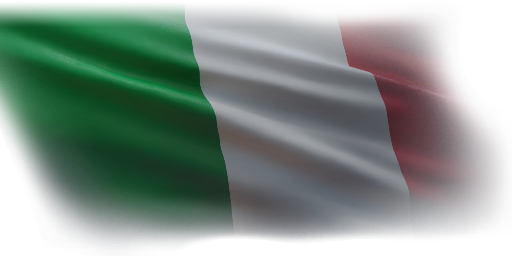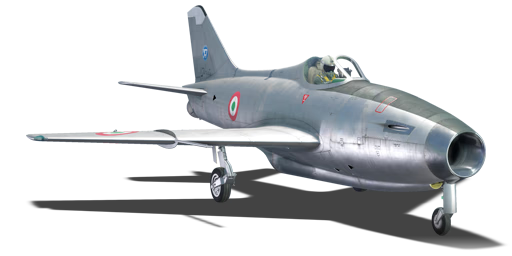



The Aerfer Ariete was a prototype aircraft primarily made for export after the previous design, the Sagittario 2, lost the NATO competition to the G.91. Aerfer would further improve the design by giving it a new engine, but otherwise remained largely similar to the original design, making it one of the most manoeuvrable aircraft of the time. However, it was also not chosen; the Aerfer Ariete would no longer be offered for export as the Aerfer company began to work on its next aircraft, known as the Aerfer Leone.
Introduced in Update "Danger Zone", the Aerfer Ariete is a further development of the Aerfer Sagittario 2. The aircraft is one of the most nimble and dogfight-friendly jets in the Italian tree. Similar to the Sagittario 2, it has great handling and two fast-firing cannons which can easily destroy any aircraft unlucky enough to be hit by them. However, it is equipped with an additional engine which, while rather weak on its own, provides a nice boost to the Ariete's flight capabilities. Similar to the Sagittario, it does not have a lot of fuel, so it cannot stay in the air for too long. Players may therefore not want to overextend when playing the aircraft.
flaps
flaps
flaps
brake
| Belt | Belt filling | Armor penetration (mm) at a distance: | |||||
|---|---|---|---|---|---|---|---|
| 10 m | 100 m | 500 m | 1000 m | 1500 m | 2000 m | ||
| HEI-T/APHE | 39 | 36 | 24 | 15 | 9 | 6 | |
| APHE | 39 | 36 | 24 | 15 | 9 | 6 | |
| HEI-T | 6 | 6 | 4 | 4 | 4 | 4 | |







 2 x (125 / 380 / 600) %
2 x (125 / 380 / 600) % 
 2 x 214 %
2 x 214 % 

Flight performance | |
|---|---|
Survivability |
|---|
Weaponry |
|---|